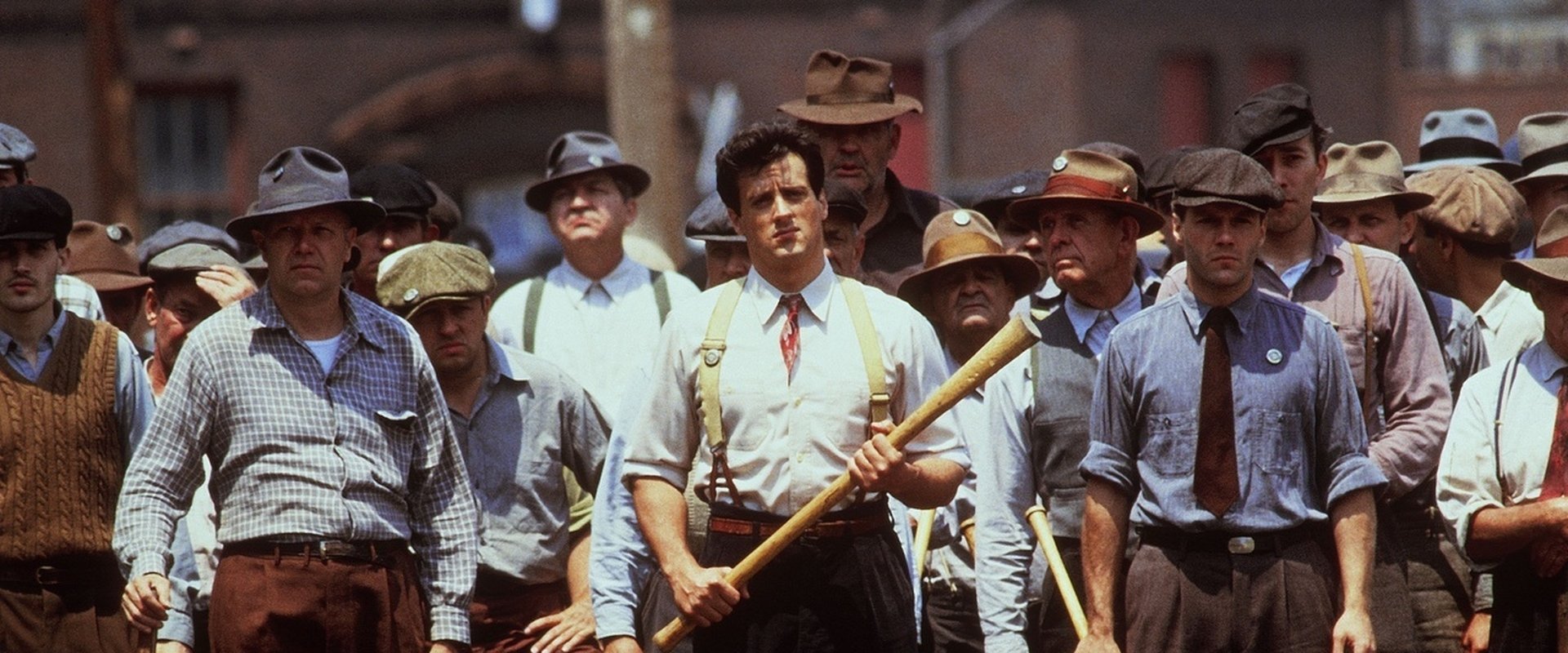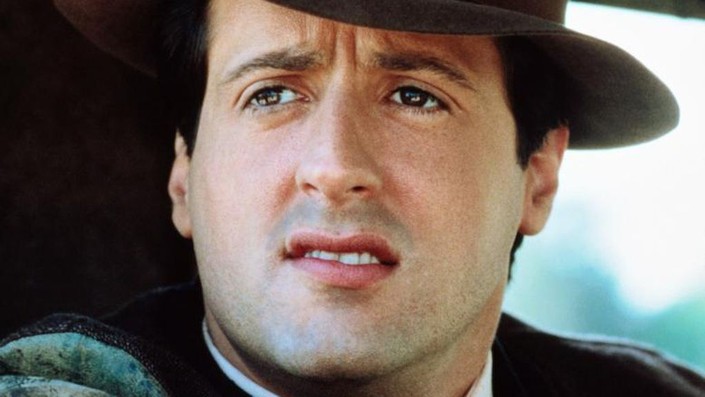F.I.S.T. (1978)
F.I.S.T. (1978), directed by Norman Jewison and starring Sylvester Stallone as Johnny Kovak, is a gritty labor drama inspired by the rise of the Teamsters union and loosely based on the life of Jimmy Hoffa. The film explores the complex world of union organizing, power, corruption, and the price of ambition.

Johnny Kovak is a hardworking Cleveland warehouse laborer of Eastern European descent. Frustrated by brutal working conditions, low pay, and management’s indifference, Johnny becomes involved in a protest after a fellow worker is unfairly fired. His natural charisma, fiery temperament, and fierce sense of justice quickly propel him into a leadership role among the workers.

After the protest escalates into violence and Johnny is fired, he’s recruited by a regional labor organizer for the fictional union F.I.S.T. (Federation of Inter-State Truckers). As Johnny rises through the ranks, he helps transform F.I.S.T. from a small, struggling group into a powerful national force that advocates for workers’ rights. However, their success comes at a cost. Facing resistance from violent strikebreakers and corrupt companies, Johnny and his associates begin to rely on organized crime figures to gain influence and protect their members.

As F.I.S.T. expands, Johnny’s ideals begin to erode. He finds himself compromising more and more, trading moral clarity for power and political gain. He becomes increasingly entangled with the mob and other corrupt interests. The film portrays Johnny as a tragic figure—a man who begins as a hero for the working class but becomes consumed by the very system he sought to reform.

Tension builds as the government begins investigating F.I.S.T. for corruption and racketeering. Johnny is called to testify before a Senate committee. Under pressure and facing betrayal from former allies, he refuses to become an informant. His loyalty to the union and to his own code of honor ultimately seals his fate.
In the film’s final moments, Johnny is assassinated—presumably by those who once supported him but now view him as a liability. His death is a somber reminder of the cost of power and the dangerous intersection of labor, politics, and organized crime.
F.I.S.T. is a powerful, character-driven film that showcases Stallone’s dramatic range and explores the complexity of social movements, ambition, and the moral gray areas of leadership. It’s a sobering look at how even noble causes can be compromised by the realities of power.



